If you’ve ever thought, “Hey, poop is natural, so why not let my dog’s droppings fertilize the lawn?” you’re definitely not alone. You may assume that dog waste works the same way as cow or chicken manure, and you may ask yourself, “Is dog poop good fertilizer?” The short answer is no, it’s really not. Instead of feeding your lawn or garden, it can quietly work against you. That’s why it’s important to know the difference, and more importantly, the safest ways to deal with it. Spoiler: leaving it on the grass isn’t doing your yard (or your shoes!) any favors.
Why Can't You Leave Dog Poop on the Grass as Free Manure?
It might seem natural to assume dog poop could act as fertilizer, much like cow or horse manure. However, dog waste is very different and should never be left on your lawn or garden as a free source of “manure.” Unlike grazing animals, dogs eat protein-rich diets that make their stool highly acidic and full of microbes that can seep into the soil and even contaminate water sources. This poses a risk to humans and other pets.
Dog poop also breaks down slowly compared to plant-based compost or herbivore droppings, which means it lingers in your yard and creates unsanitary conditions. Over time, the nitrogen content in dog waste can actually burn grass and leave brown patches rather than helping it grow. The unpleasant smell adds to the problem, making your outdoor space less enjoyable. And let’s not forget about the flies it attracts.
Why Dog Poop Isn’t Like Cow or Chicken Manure
Cow and chicken manure are often used as fertilizers because these animals are herbivores—their plant-based diets produce waste rich in organic matter that safely decomposes into nutrients for soil. Dog poop, however, is very different. Since dogs are omnivores with meat-heavy diets, their waste contains higher levels of protein byproducts, acids, and pathogens that don’t break down the same way. Instead of enriching soil, dog waste can carry harmful bacteria and parasites like E. coli, Salmonella, or roundworms, all of which pose health risks to humans and other animals.
Another key difference is nutrient balance. Herbivore manure adds nitrogen and phosphorus in forms that plants can absorb, while dog poop’s nitrogen is too concentrated and can actually damage the grass. That’s why you can’t treat dog waste as a natural fertilizer—it’s more of a biohazard than a benefit. Your best bet is to dispose of the dog poop as soon as possible.
Health Risks You Might Not Think About
Parasites That Linger in the Soil
Dog poop can carry parasites like roundworms, hookworms, and whipworms. These parasites lay microscopic eggs in your dog’s waste, which can survive in the soil for months. If another dog, child, or even an adult comes into contact with contaminated dirt, those parasites can enter their system. Hookworm larvae, for instance, can burrow through human skin, causing itchy rashes and sometimes more serious infections. Unlike herbivore manure, dog poop doesn’t simply “go away.” It can leave behind dangerous hitchhikers in your yard long after the pile itself is gone.
Bacteria That Spread Illness
Fresh dog poop often contains bacteria, like E. coli, Salmonella, and Campylobacter, which can pose risks to human health. Children playing in the yard, gardeners tending soil, or even adults who track tiny particles indoors on their shoes can be exposed. Accidentally ingesting these contaminated particles can lead to stomach cramps, diarrhea, or more severe gastrointestinal infections. What makes this concerning is how invisible the risk is: a lawn can look perfectly clean after the poop is gone, but the bacteria may still be lurking in the soil. This is why it’s important to clean up after Fido and disinfect the spot using an enzyme-based yard spray. Enzymatic cleaners also help get rid of the dog poop smell.
Water Contamination Hazards
When you leave your canine companion’s poop on the grass, rain can wash its waste particles into storm drains and eventually into local rivers, lakes, and groundwater. This runoff carries harmful bacteria that can damage ecosystems. Contaminated water can even pose risks to swimmers, fishermen, and even drinking water supplies in some communities. It’s one of the reasons many cities stress picking up after pets—not just for cleanliness, but to protect water quality. A single pile may not seem like much, but if others across neighborhoods are also not cleaning up after their dogs, it adds up quickly.
Can You Compost Dog Waste At All?
Technically, you can compost Fido’s waste, but it’s not as simple as tossing it into your backyard compost pile. Unlike fruit peels or yard clippings, dog poop carries harmful bacteria and parasites that won’t break down safely at the moderate temperatures of a standard compost bin. For it to be safe, dog waste must be processed in a high-heat composting system, reaching at least 160°F (70°C). This kills pathogens before the material is repurposed. Even then, the resulting compost should only be used on ornamental plants, trees, or non-edible landscaping. Do not use it on vegetable gardens. If you’re not set up for this level of composting, the safer option is to collect waste with a tool like PooPail and throw it away.
How to Safely Compost Dog Waste (If You Really Want To)
If you’re determined to compost dog waste, it’s possible. But it requires more care than regular composting. The key is high heat. In other words, you’ll want a specialized composter (or a DIY insulated bin) that reaches at least 160°F (70°C) to kill off harmful pathogens like E. coli and roundworms.
Start by designating a separate bin just for pet waste, away from your main compost pile. Layer dog poop with high-carbon materials such as sawdust, dry leaves, or shredded newspaper to balance the nitrogen content and reduce odor. Remember to turn the pile every now and then. This allows for equal heating throughout the pile and speeds up decomposition.
This process can take six months or longer, depending on conditions. Keep in mind that you can only use the finished dog poop compost on ornamental plants, trees, or landscaping—never on fruit, herb, or vegetable gardens. You’ll also want to avoid using it on areas where children and pets play. Composting is doable, but it’s a commitment that requires extra care to guarantee safety.
The GoodWag Safe Disposal Plan
The best way to deal with dog waste is through responsible disposal. Use a tool like PooPail to scoop your dog’s poop in biodegradable bags, seal them tightly, and place them in your designated trash bin. This way, harmful bacteria and parasites don’t end up in your yard, compost, or water supply. It’s an easy, reliable system that keeps your family, your pets, and your garden safe.
To Sum Up
So, is dog poop good fertilizer? As much as you may hope it is, the answer is no. Instead of feeding your grass or trees, it can actually harm your yard and pose health risks to your family and pets. The good news is, you don’t have to leave it sitting around or wonder what to do with it. With tools like PooPail for quick, mess-free cleanups, you can keep your outdoor spaces safe, fresh, and enjoyable. A little consistency in disposal goes a long way toward a healthier yard and a happier household.
Frequently Asked Questions
Does dog poop have fertilizing properties?
Dog poop contains nitrogen, phosphorus, and potassium—the same nutrients found in traditional fertilizers. However, the balance is not ideal, as it tends to have too much nitrogen, which can burn plants rather than nourish them. Unlike livestock manure, it also carries pathogens such as E. coli and parasites that make it unsafe for direct use in gardens. So while it technically has fertilizing elements, it’s not considered a safe or effective fertilizer in raw form.
Is dog poop good for grass?
Dog poop is actually harmful to grass. The high nitrogen content can create brown spots or “burns” on your lawn, similar to what happens when too much chemical fertilizer is applied. Plus, bacteria and parasites in dog waste can linger in the soil, creating health risks for people and pets who play on the grass. For healthy lawns, it’s best to pick up dog poop right away rather than letting it sit.
Is dog poop good fertilizer for trees?
While trees benefit from organic fertilizers, dog poop is not a safe option. Its pathogens can seep into the soil, potentially contaminating groundwater or creating unsafe conditions in your yard. If you want to fertilize trees, stick to composted materials or commercial fertilizers that are specifically designed for soil enrichment.
How do I turn dog poop into fertilizer?
Turning dog poop into fertilizer requires careful composting to get rid of harmful pathogens. This usually involves a dedicated composting system, high temperatures, and the addition of carbon-rich materials like sawdust or leaves. The compost needs to reach and sustain at least 160°F (70°C) to kill dangerous organisms. Even then, you should only use the resulting compost on non-edible plants, such as ornamental flowers or trees.

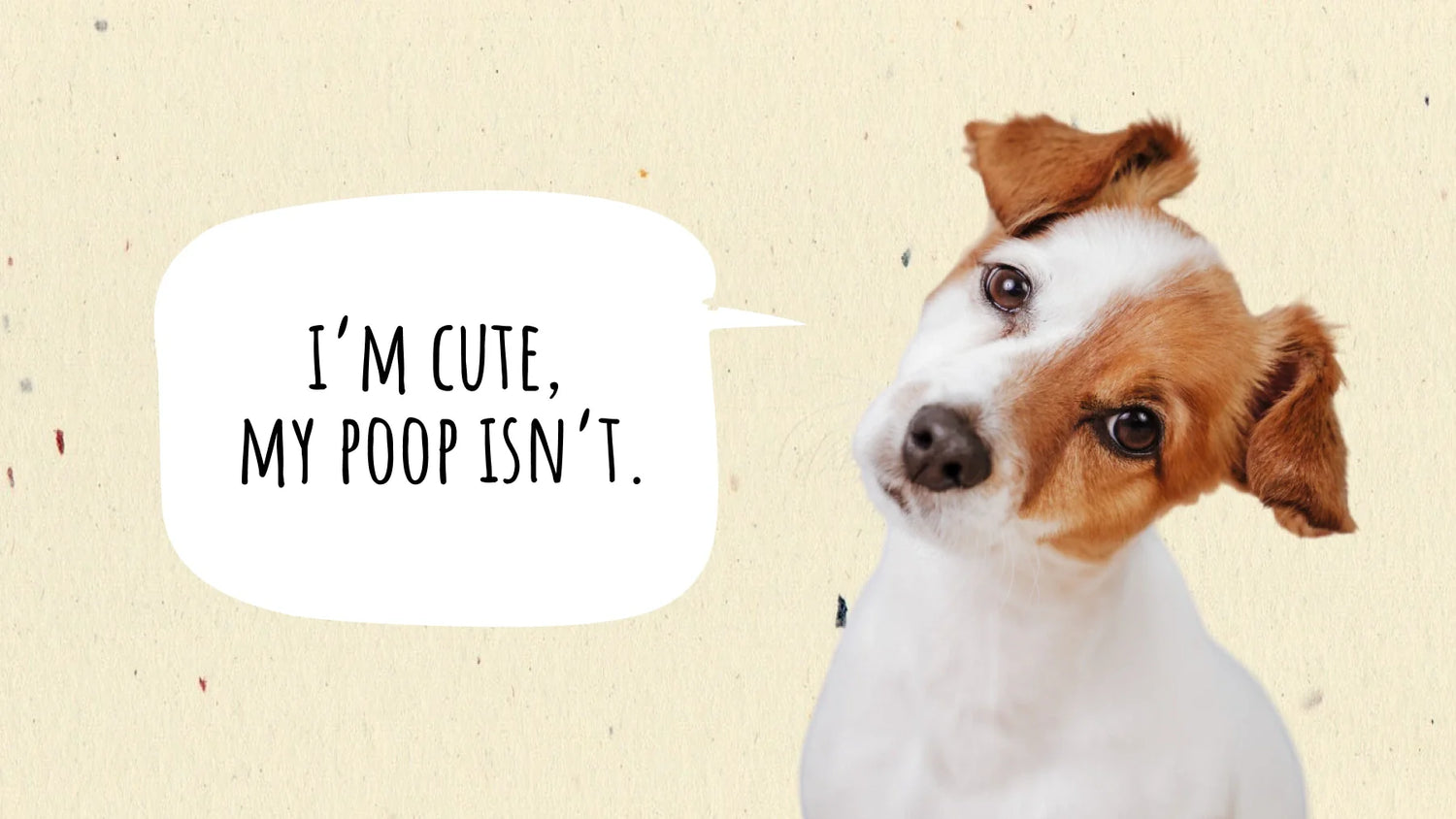
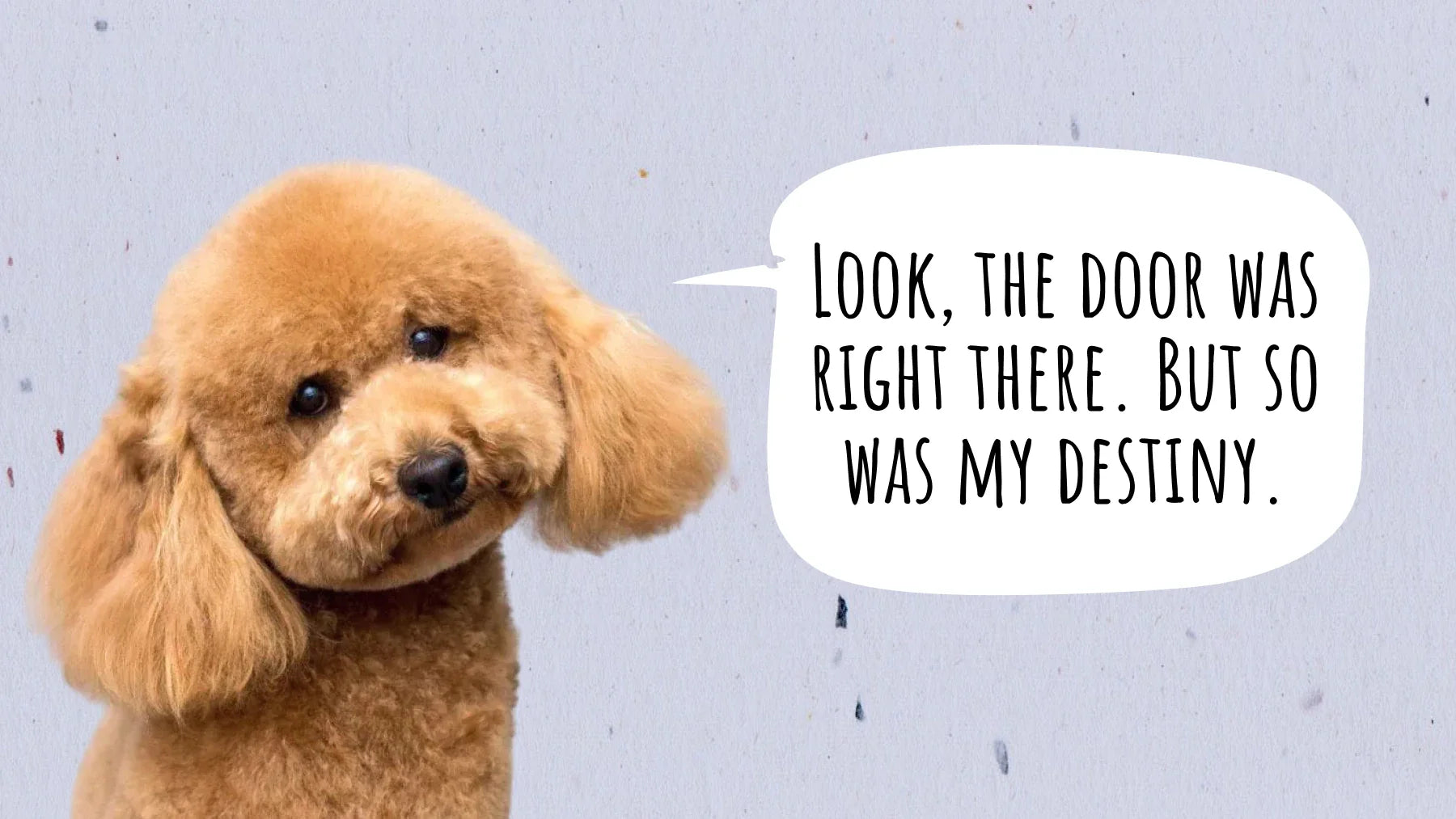
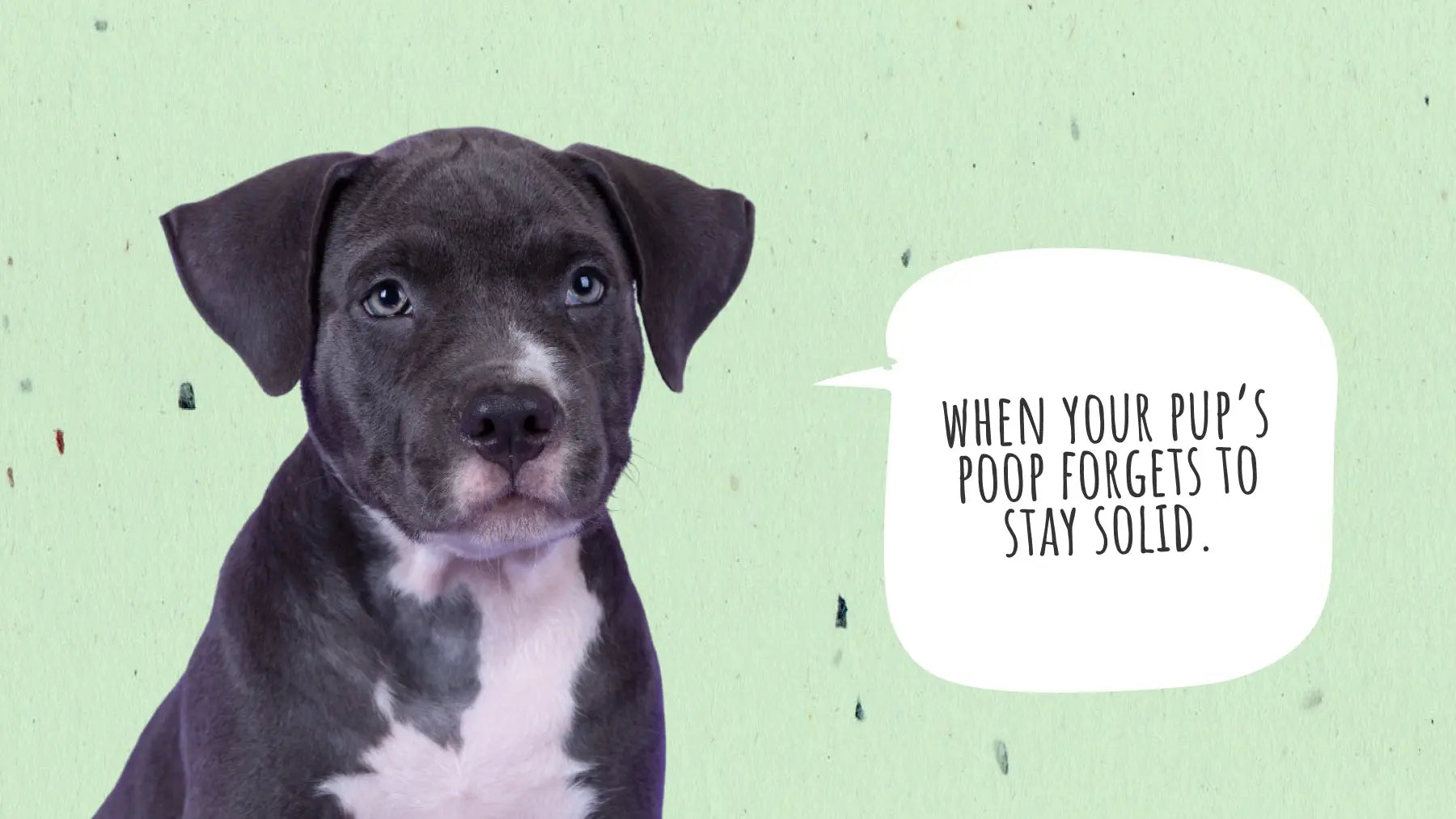
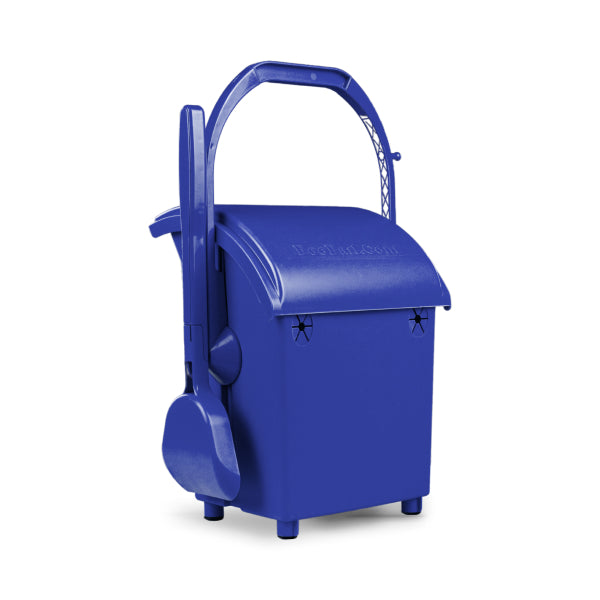
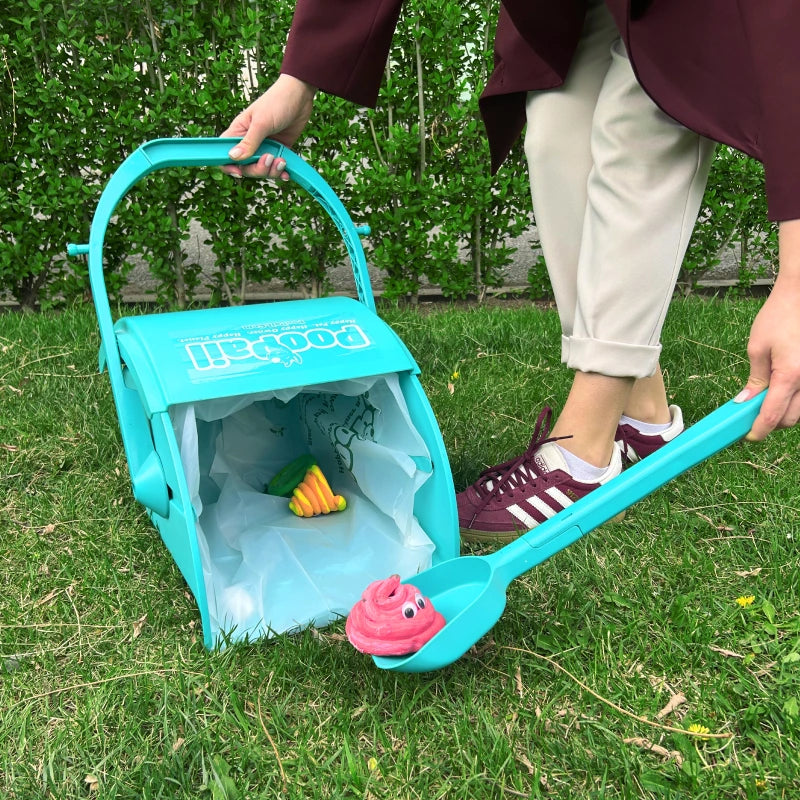
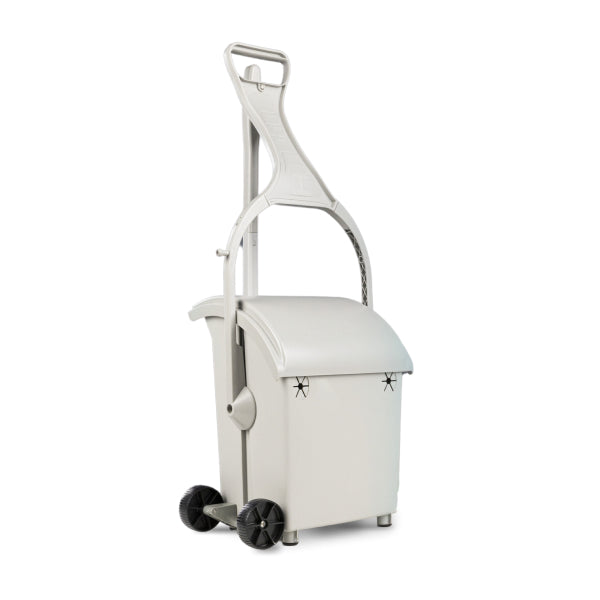
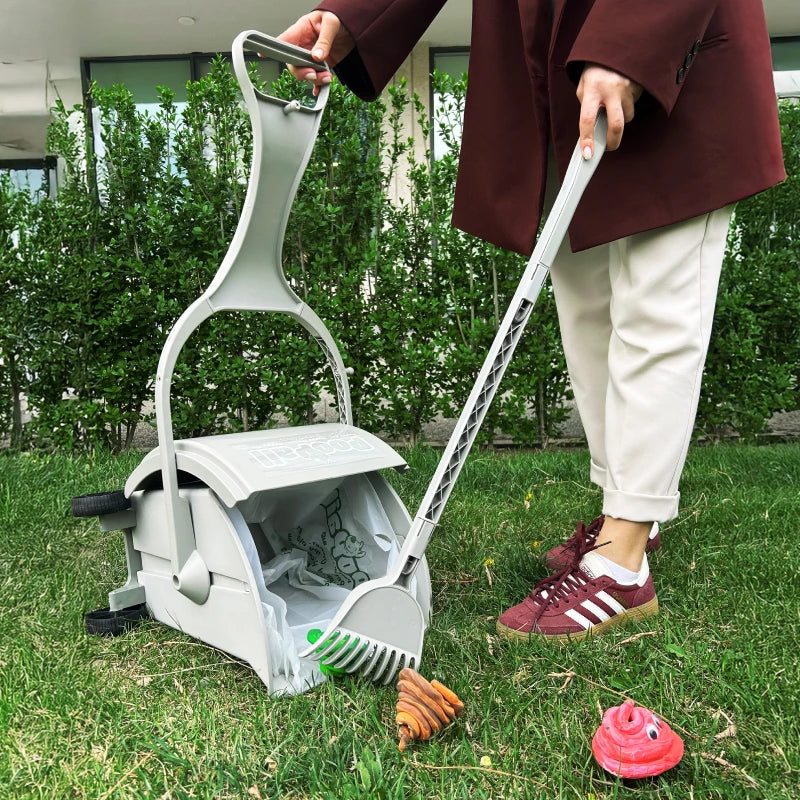
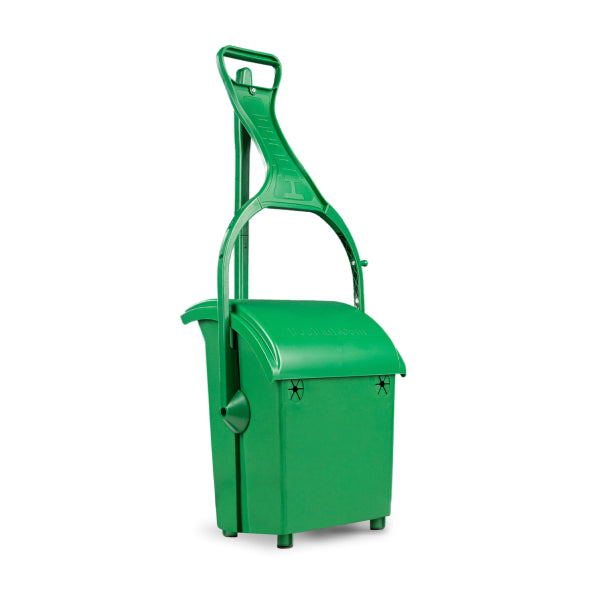
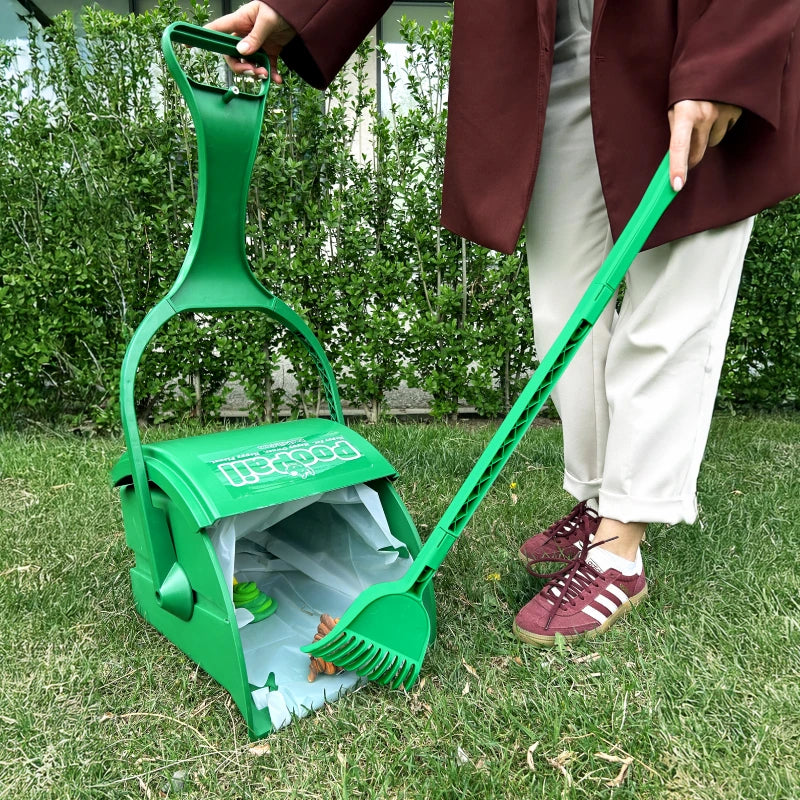
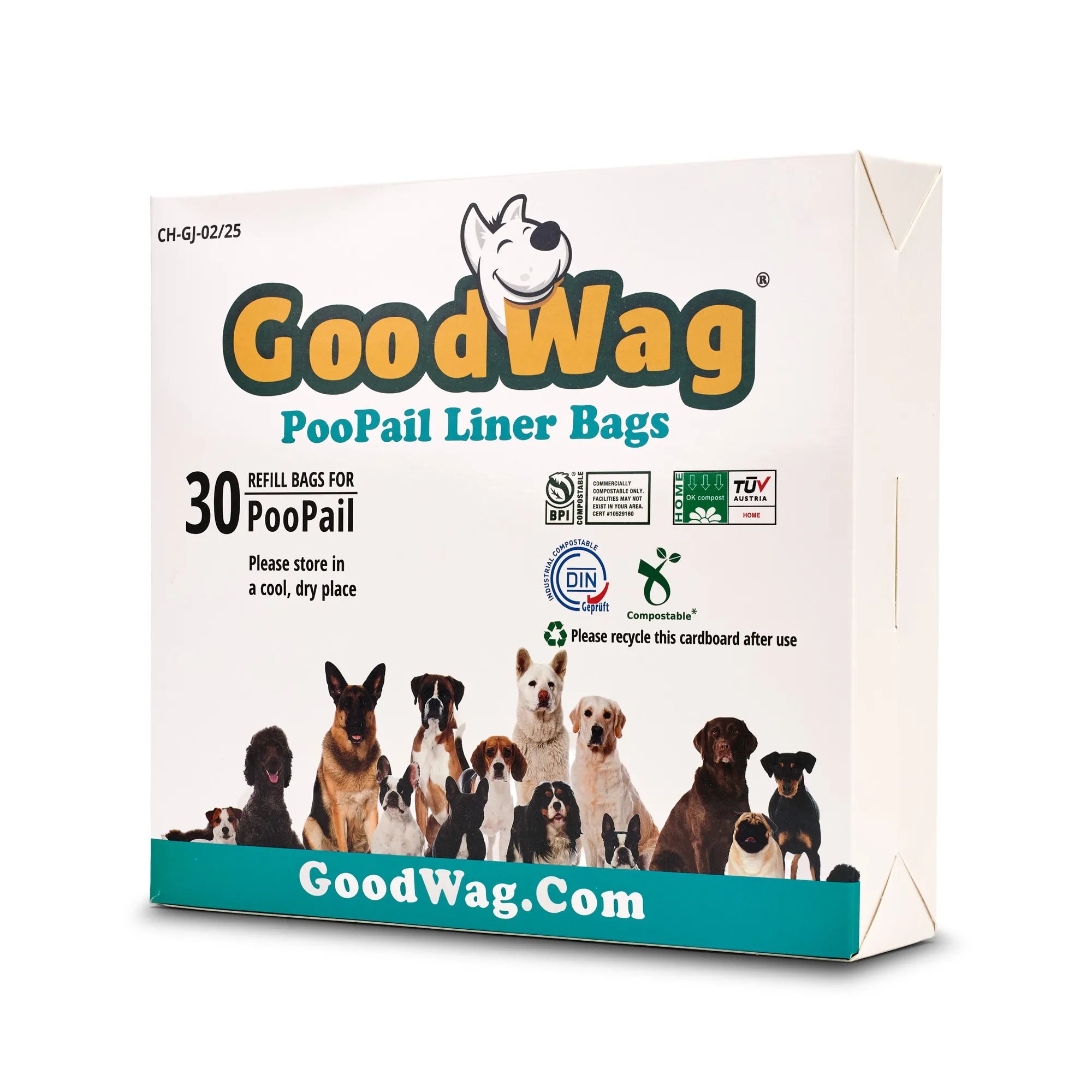
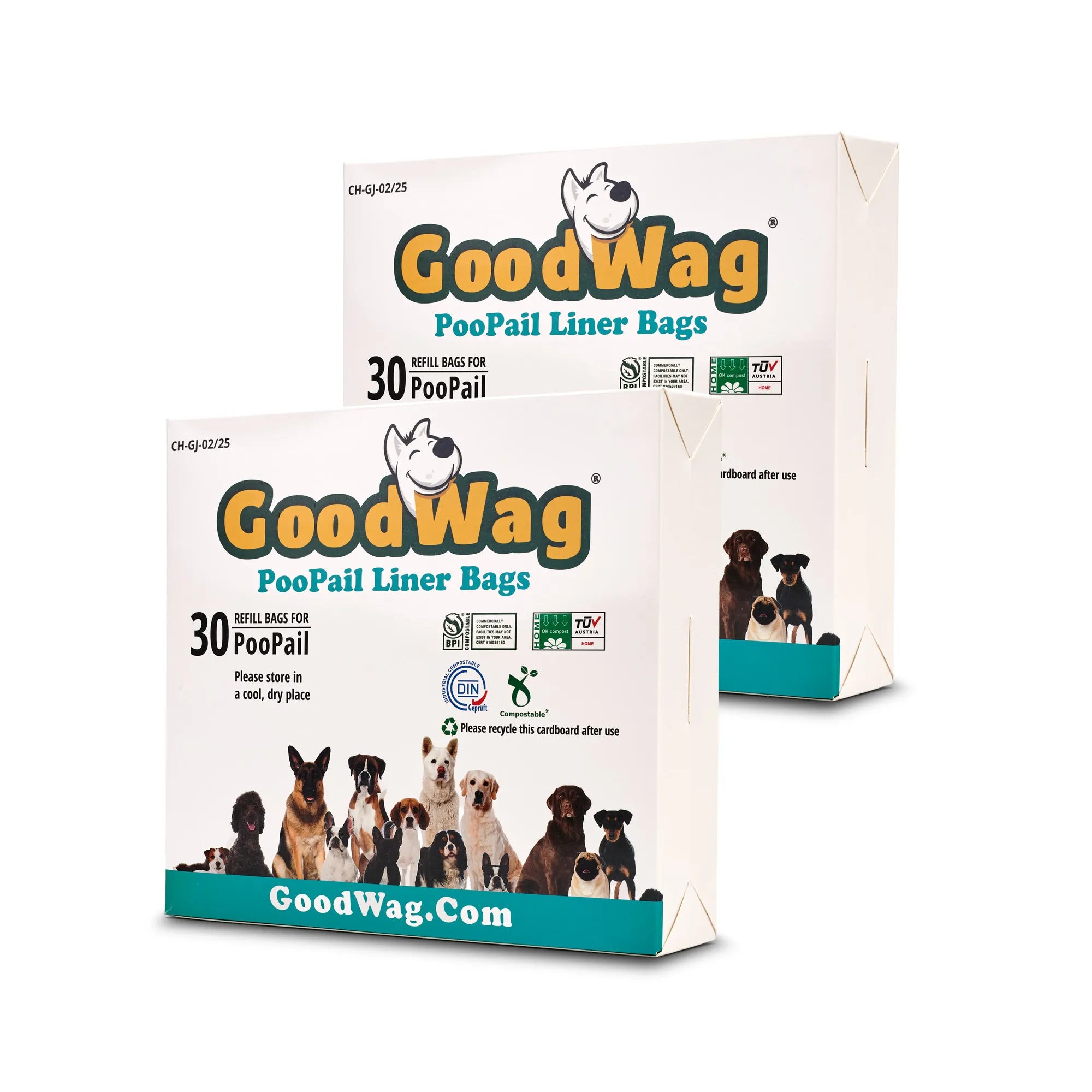
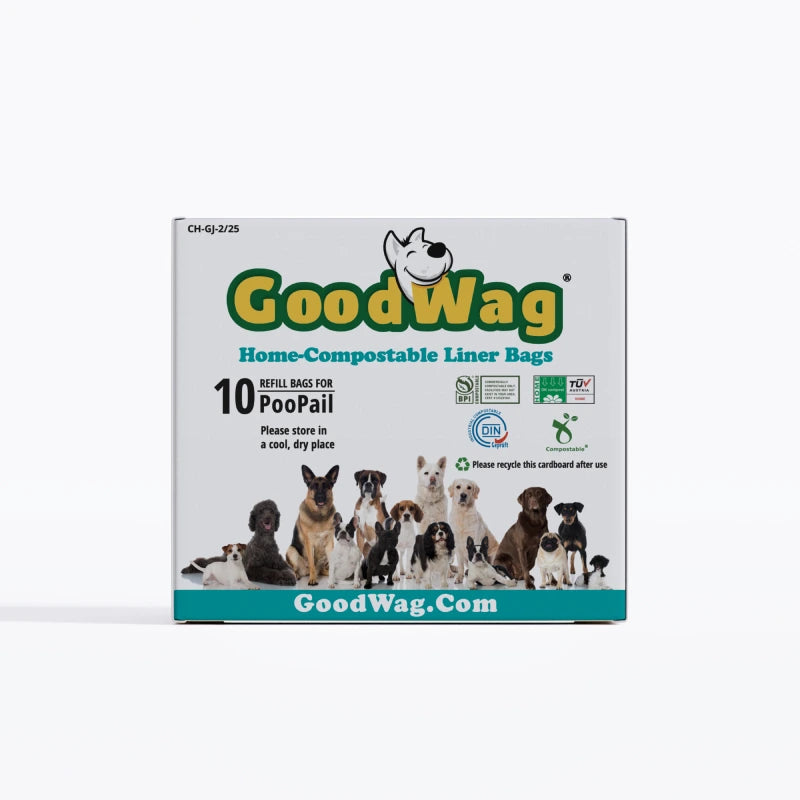
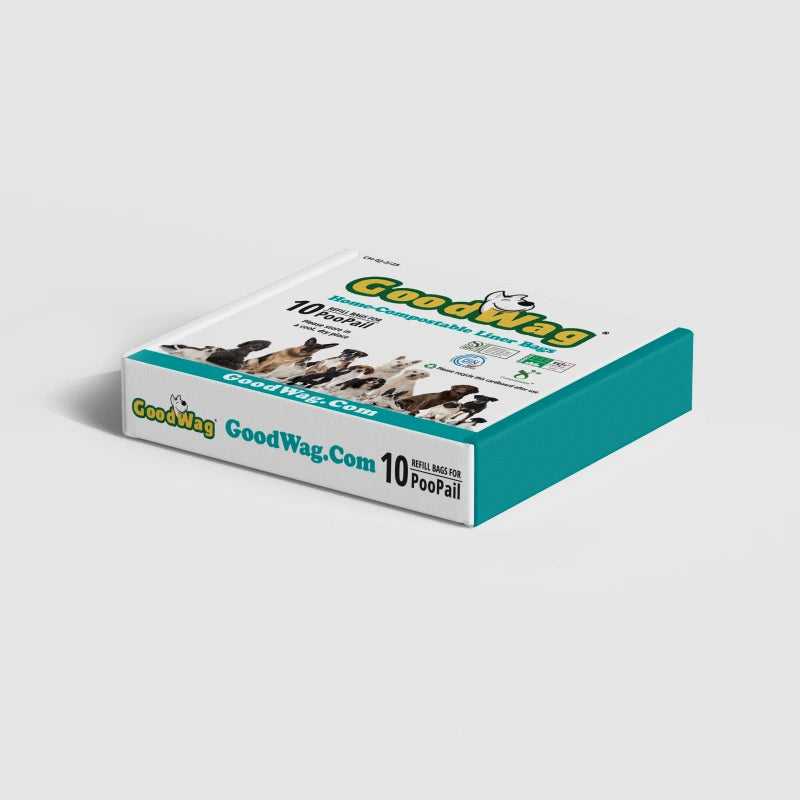
Leave a comment
This site is protected by hCaptcha and the hCaptcha Privacy Policy and Terms of Service apply.